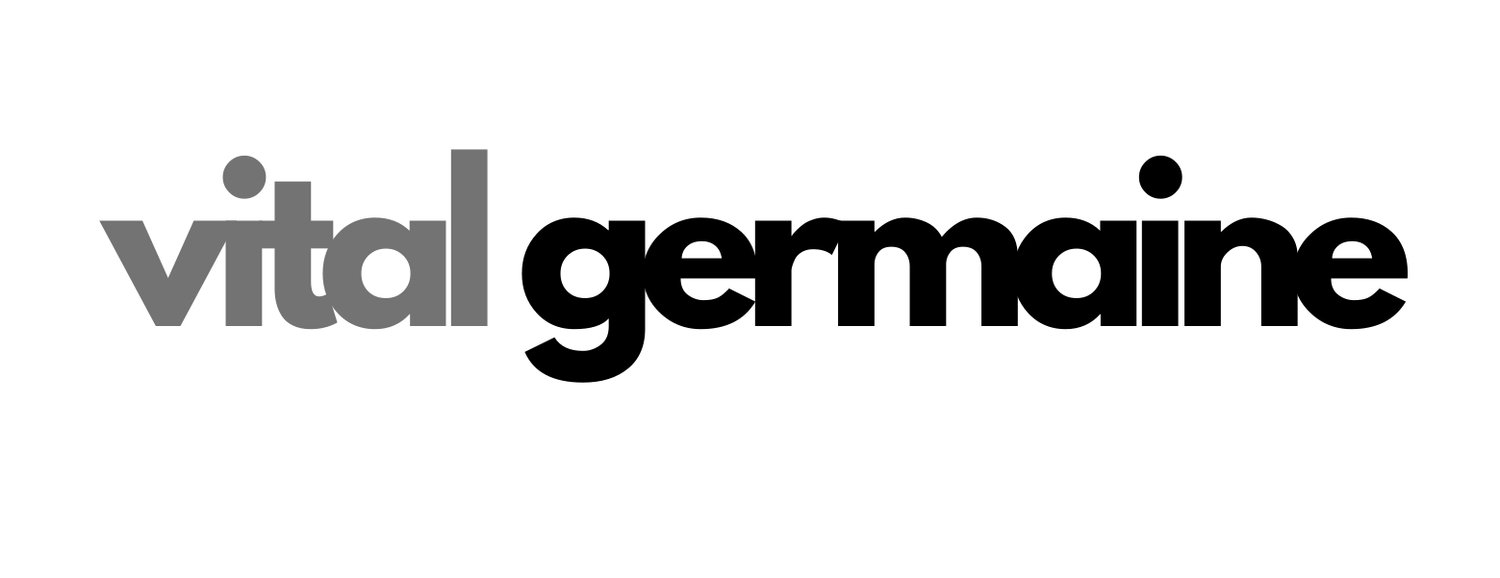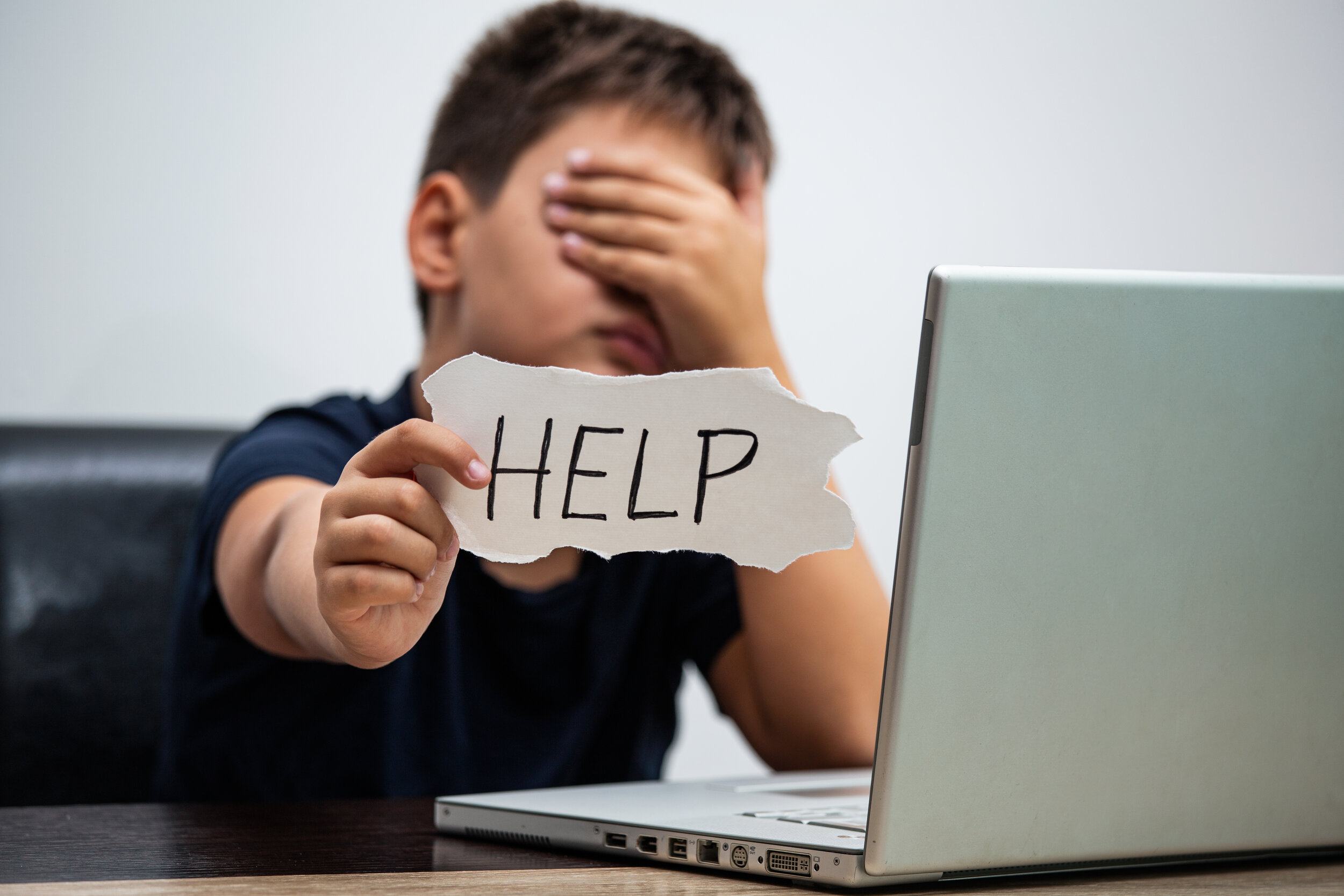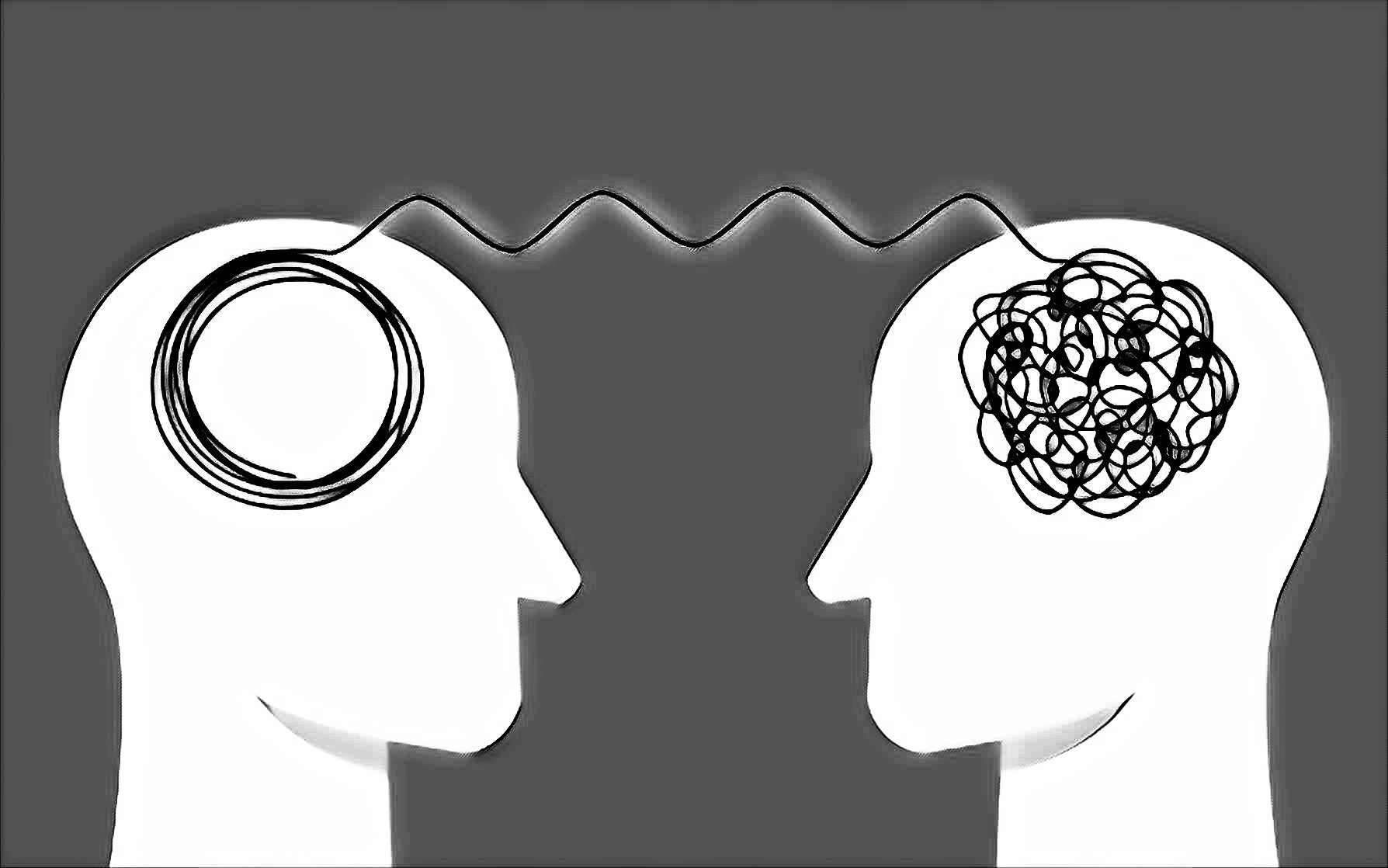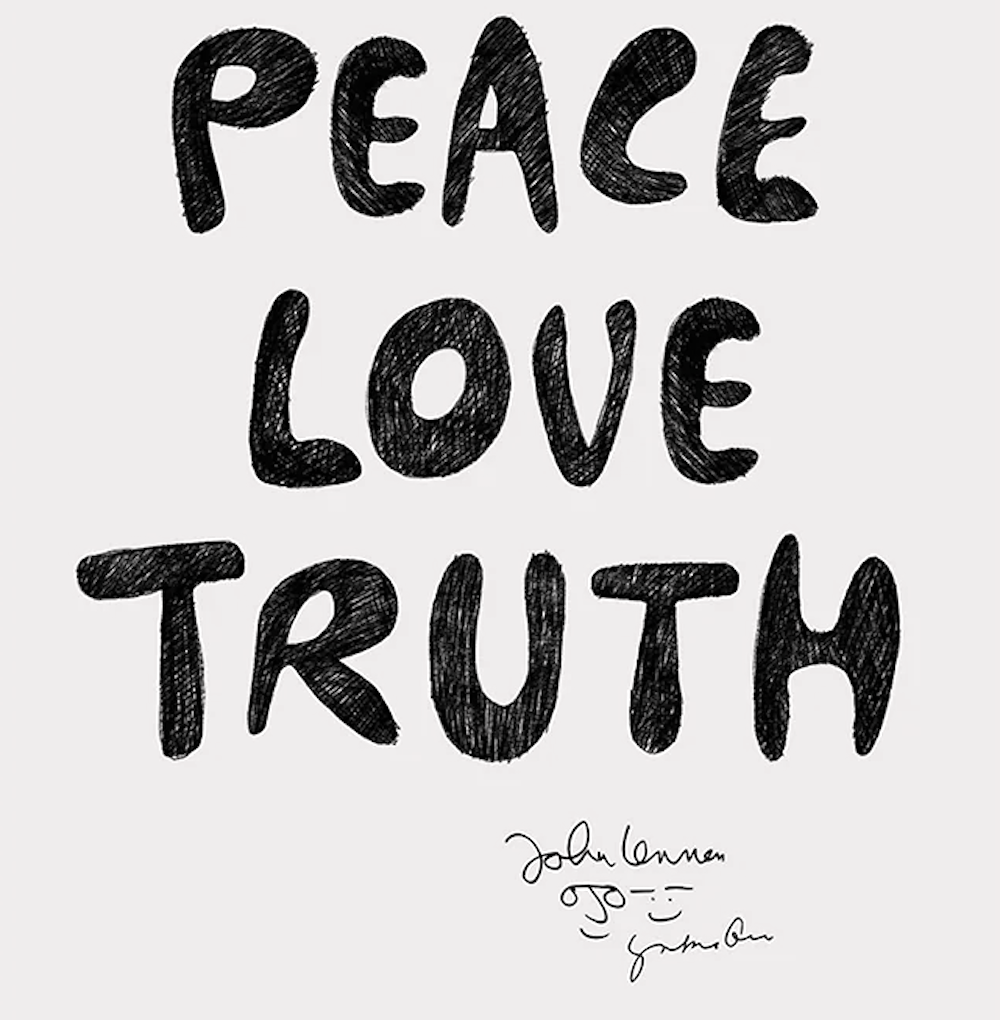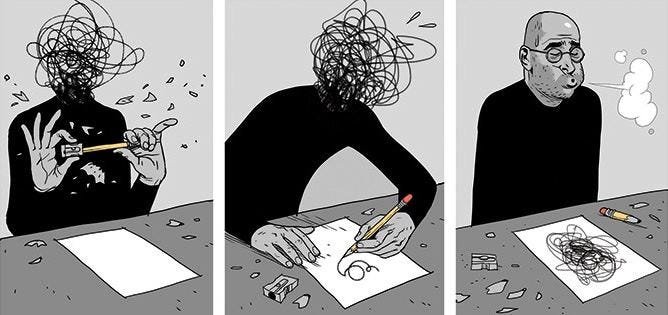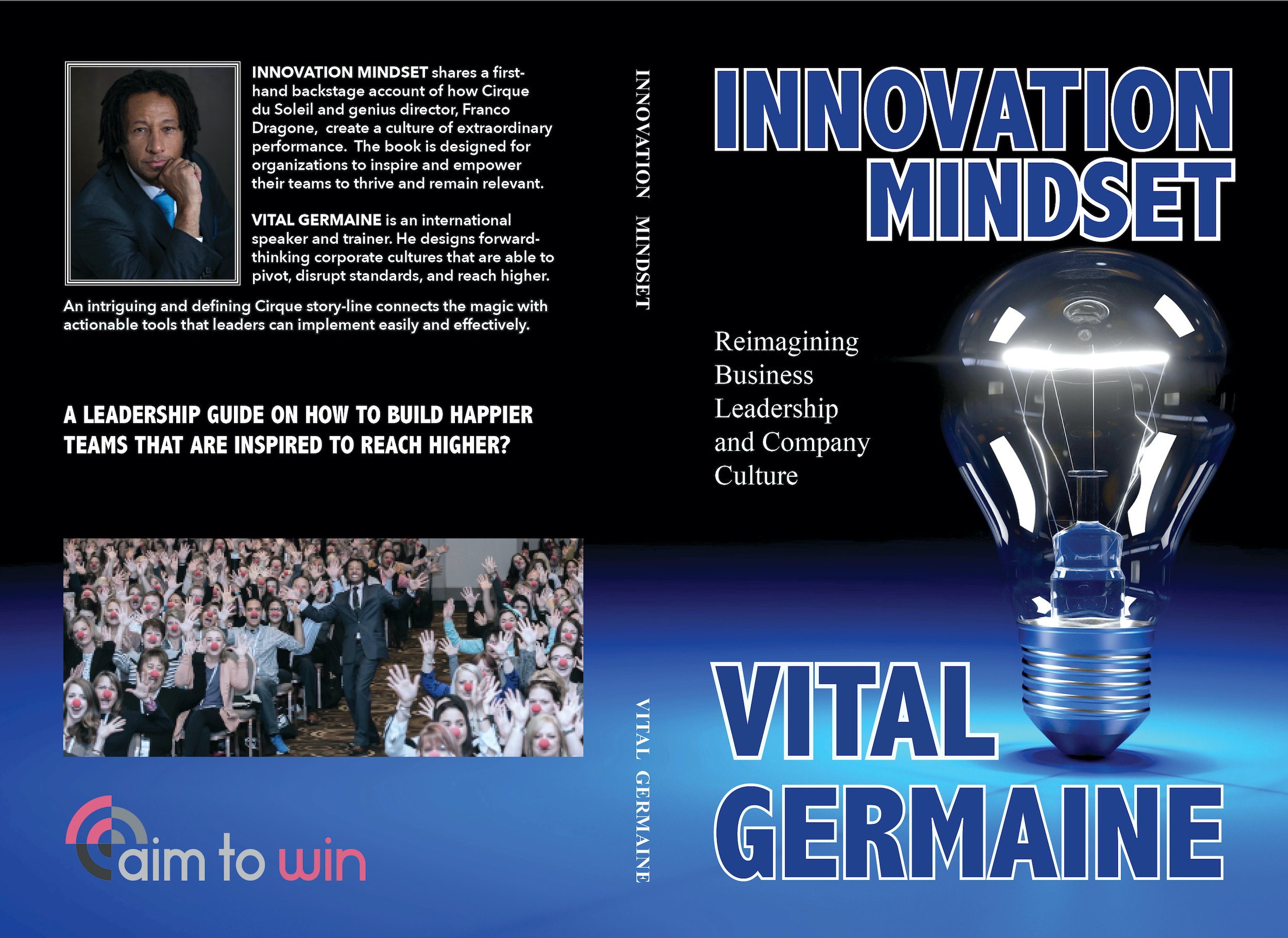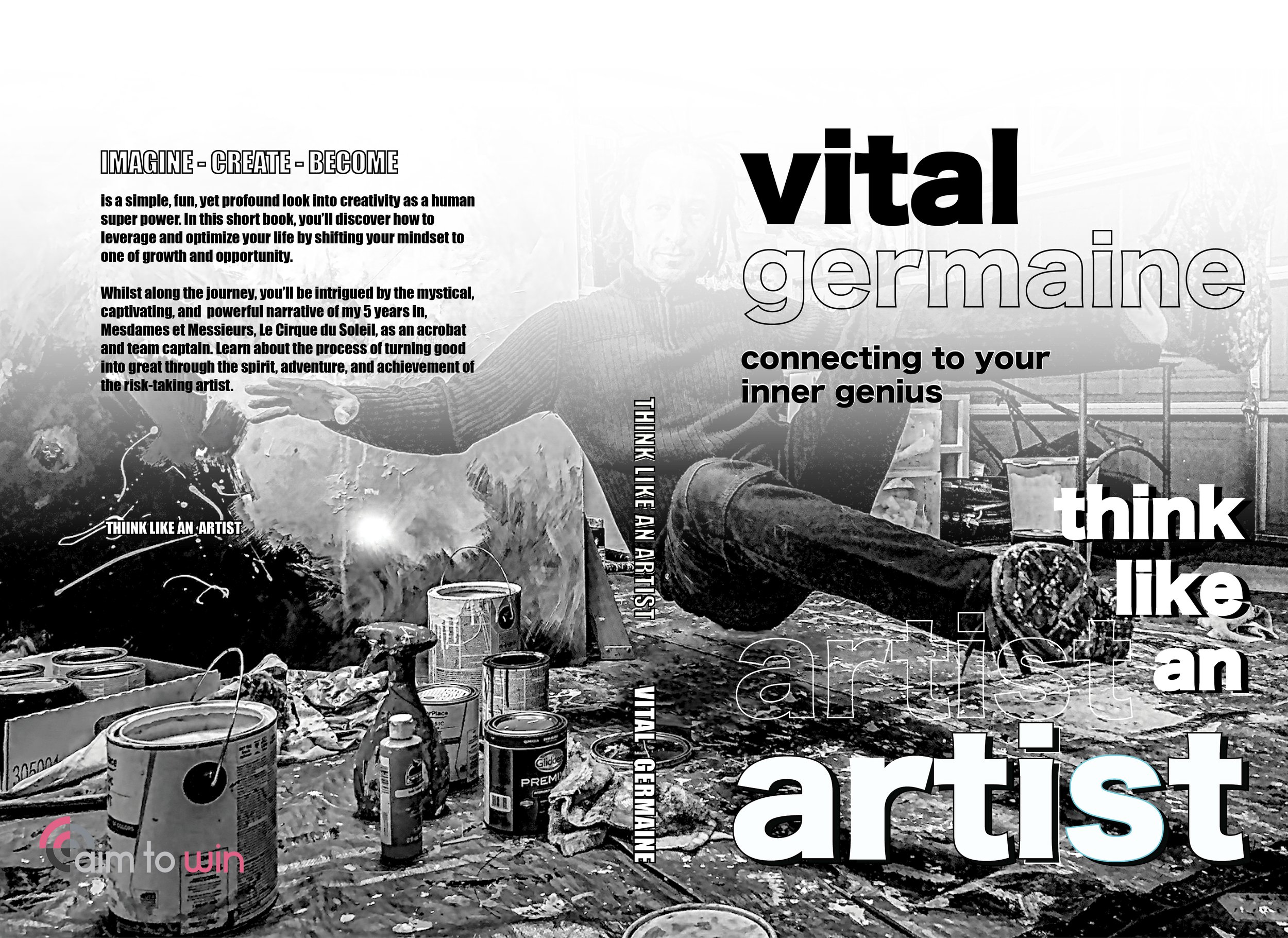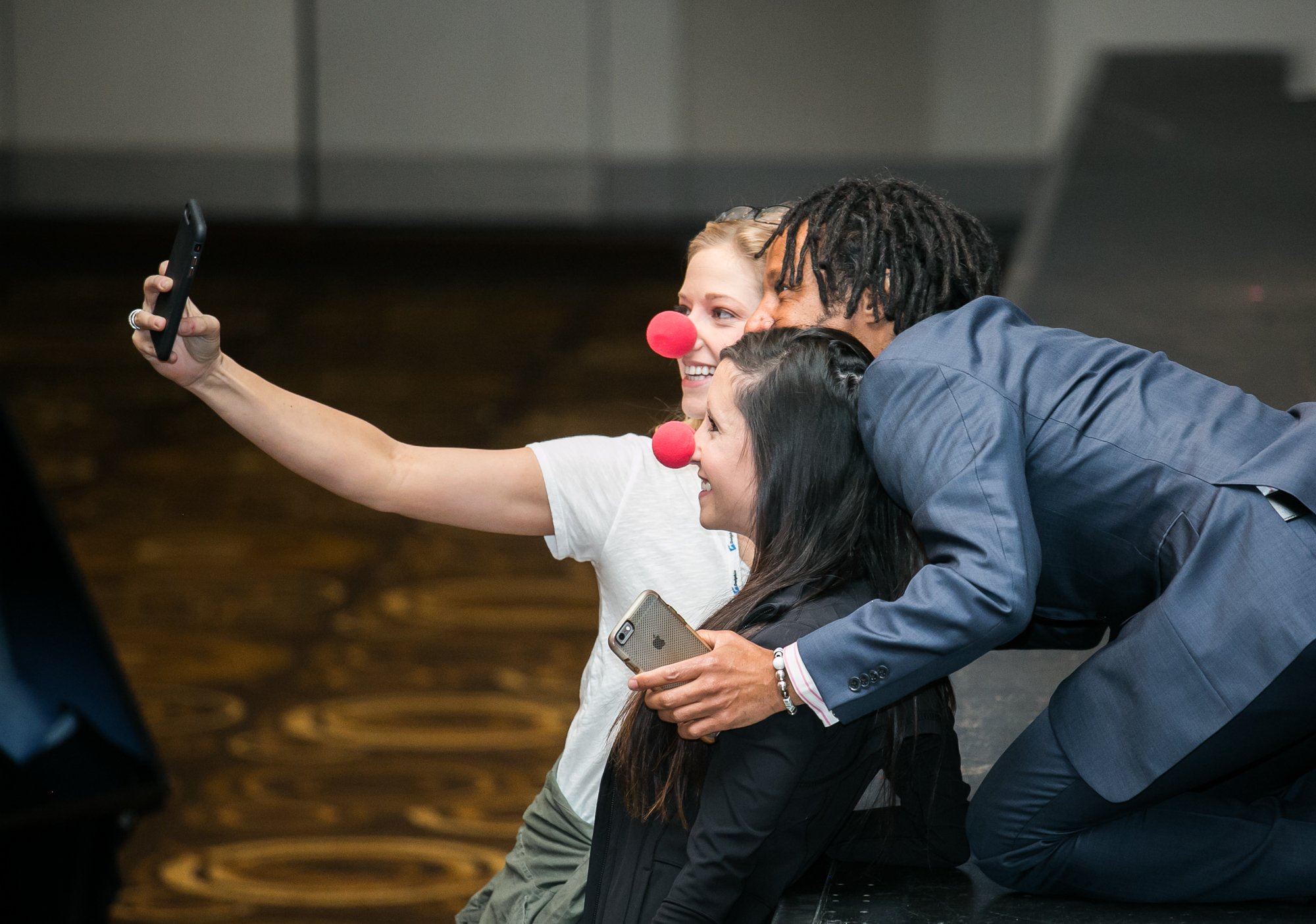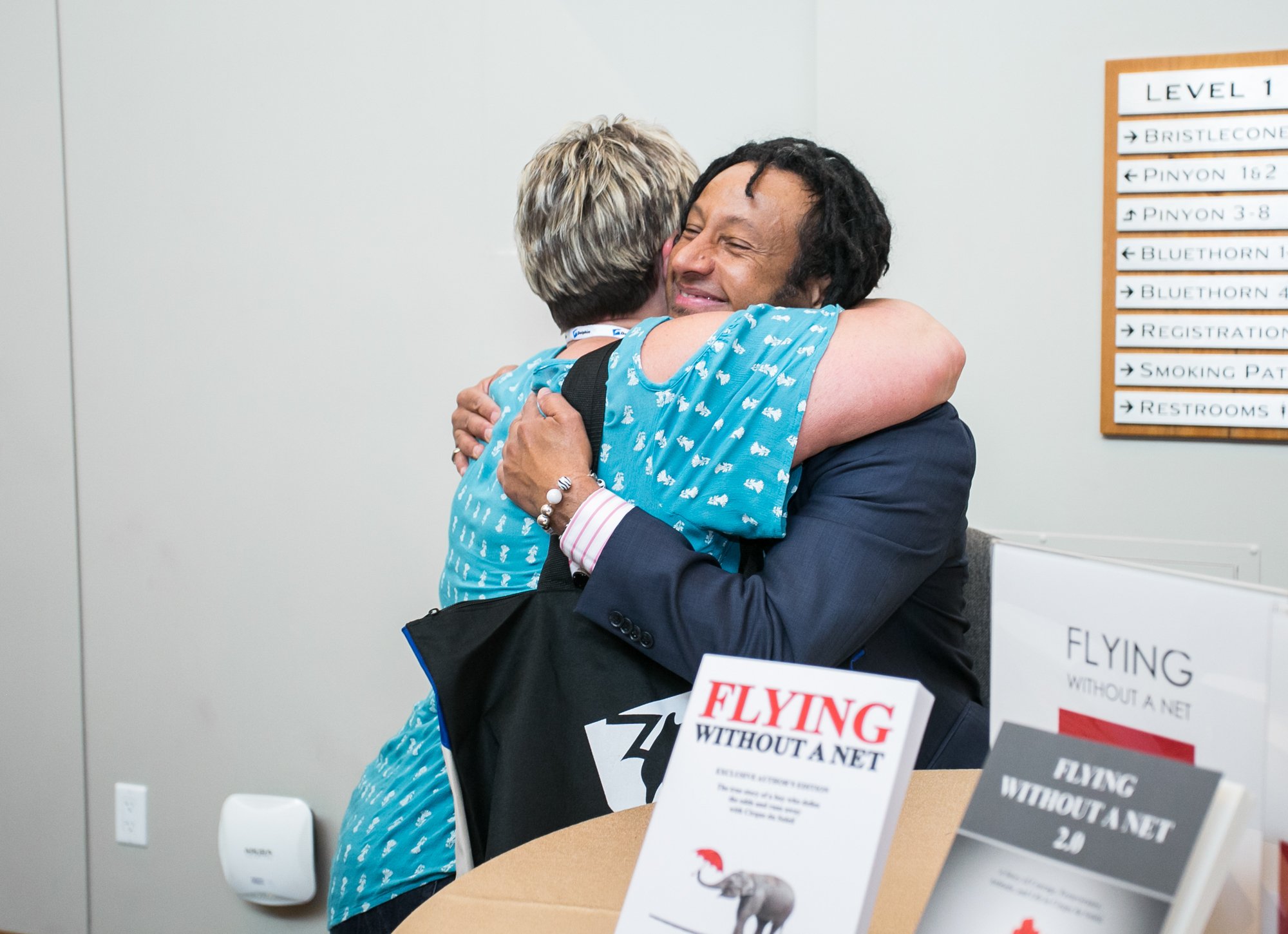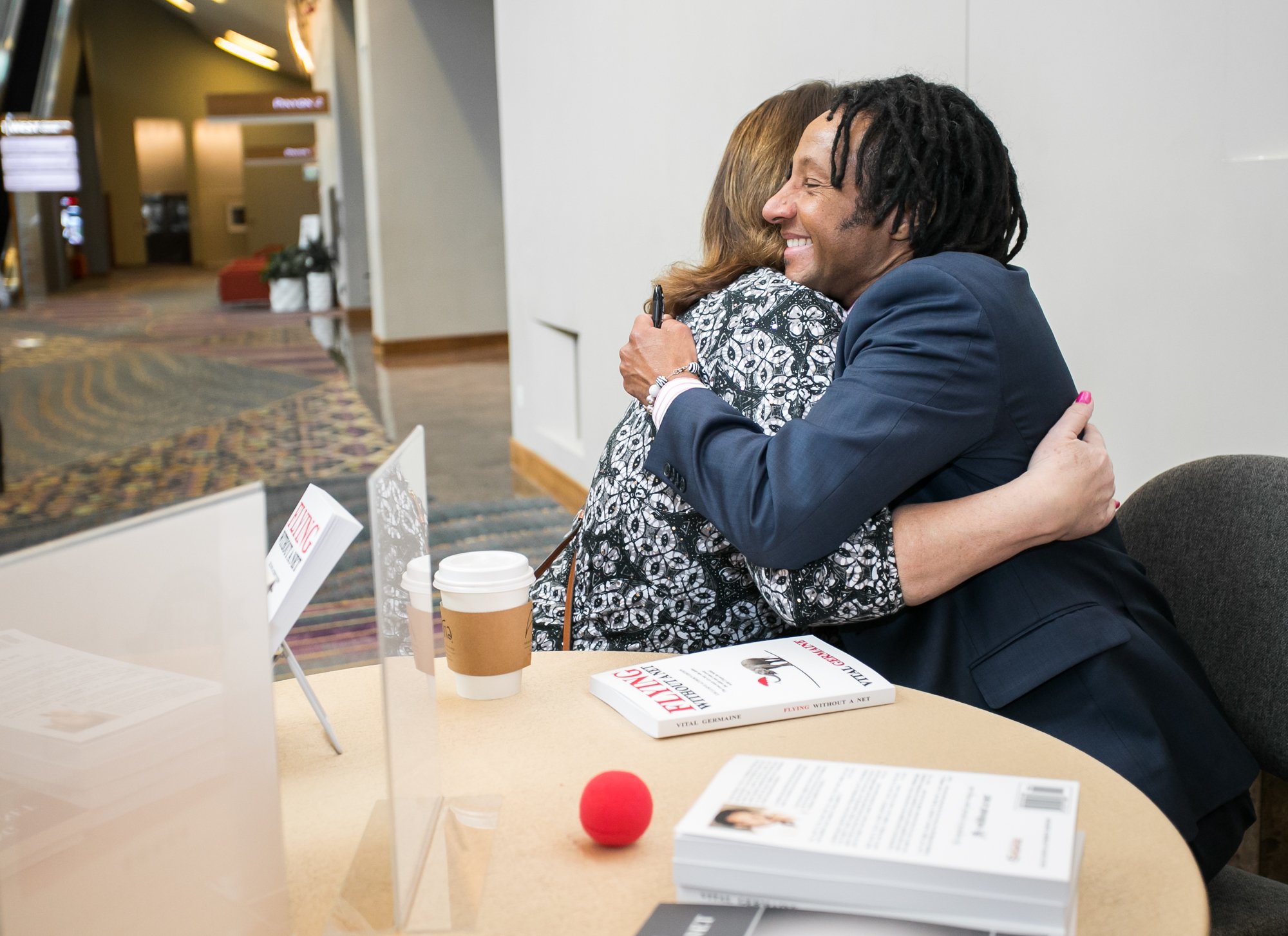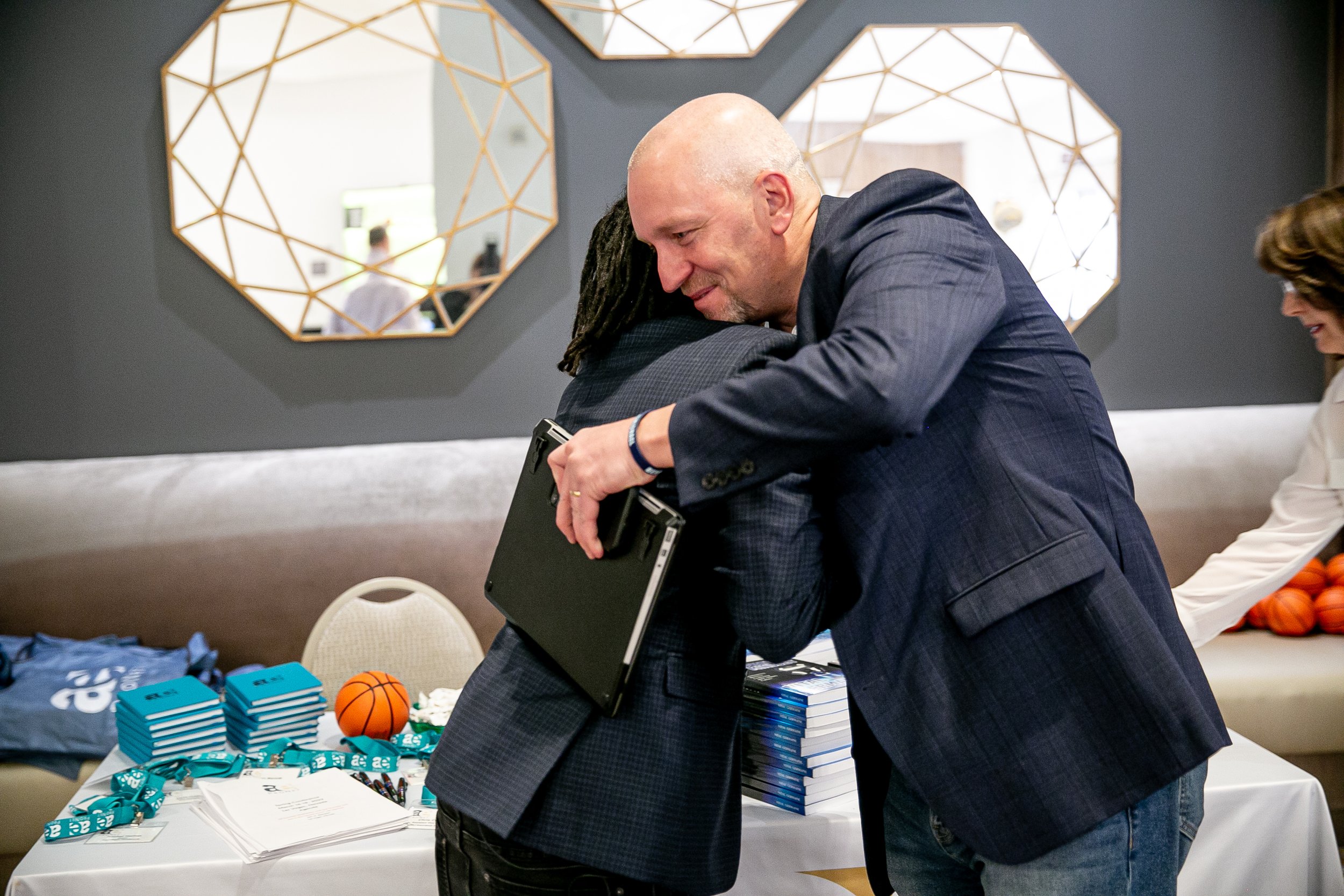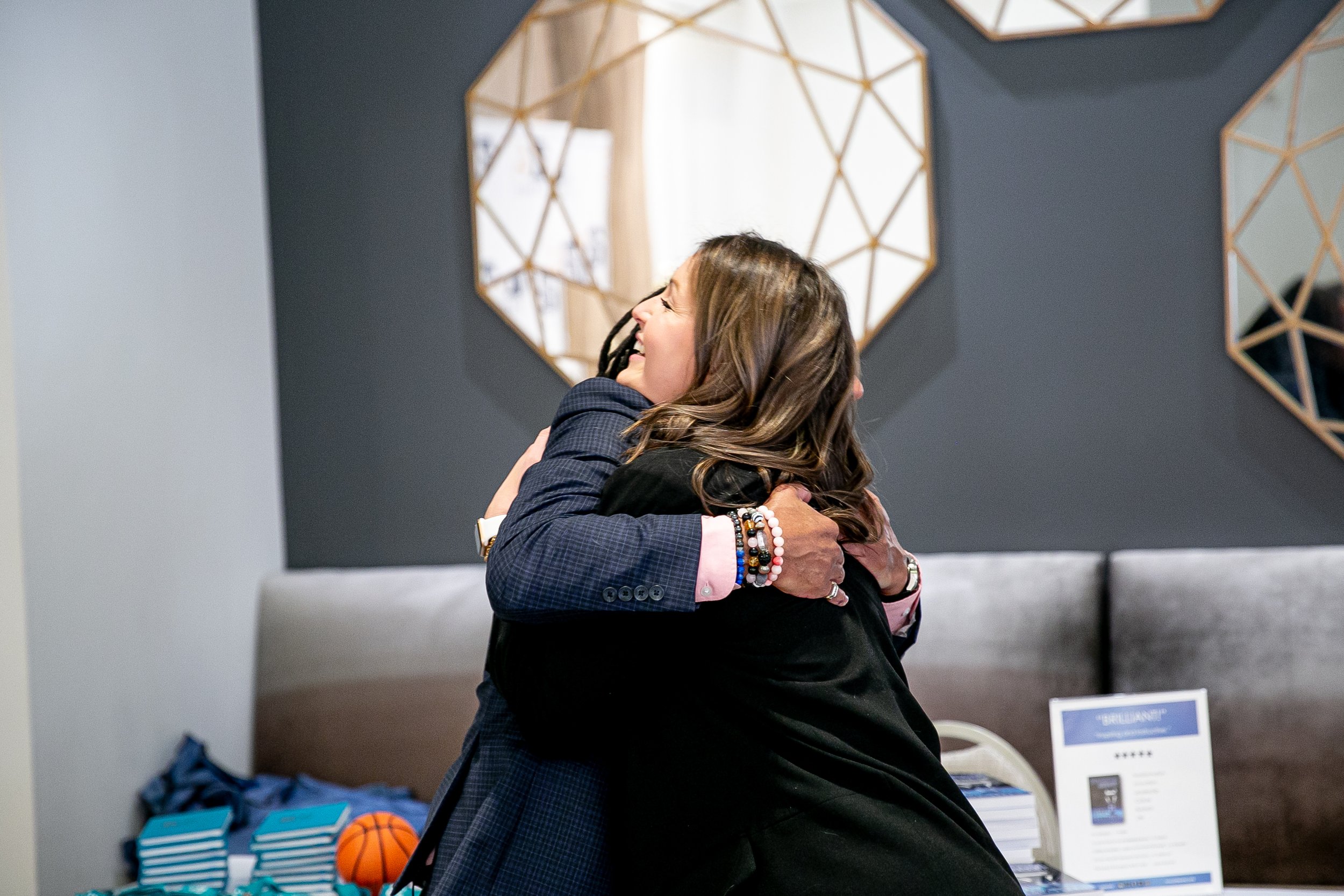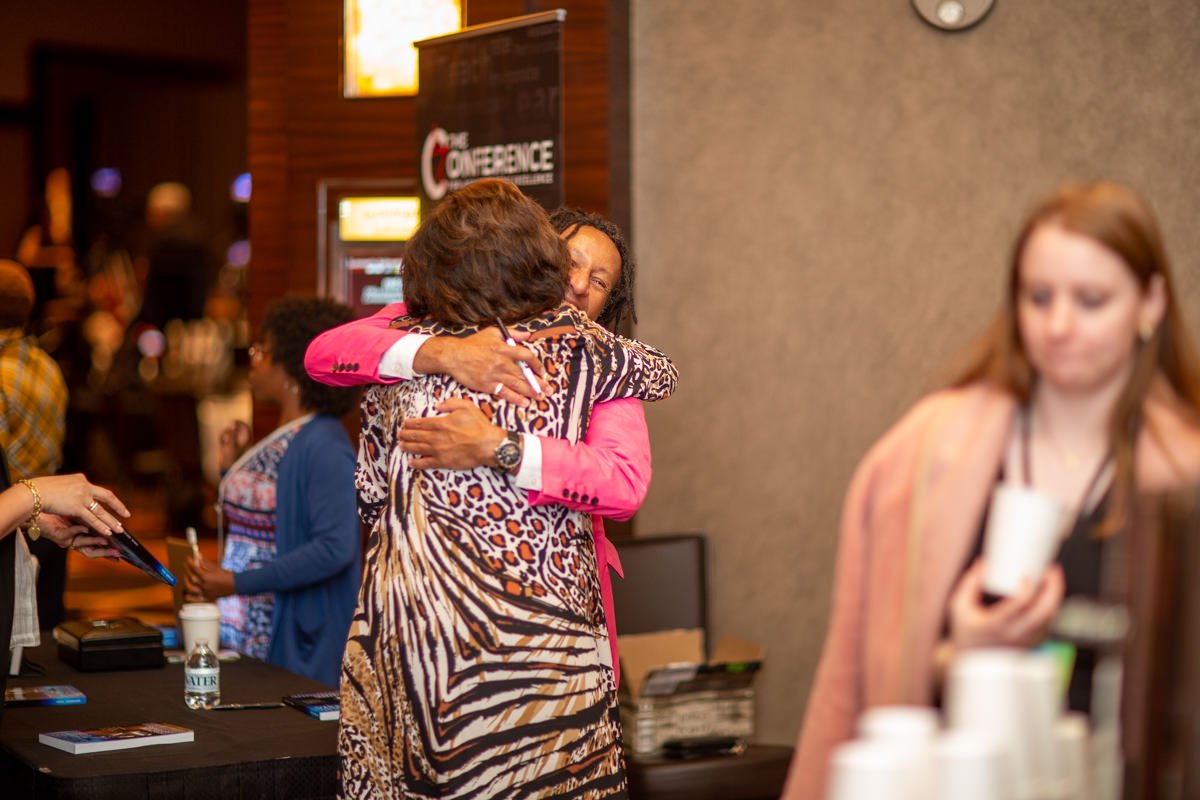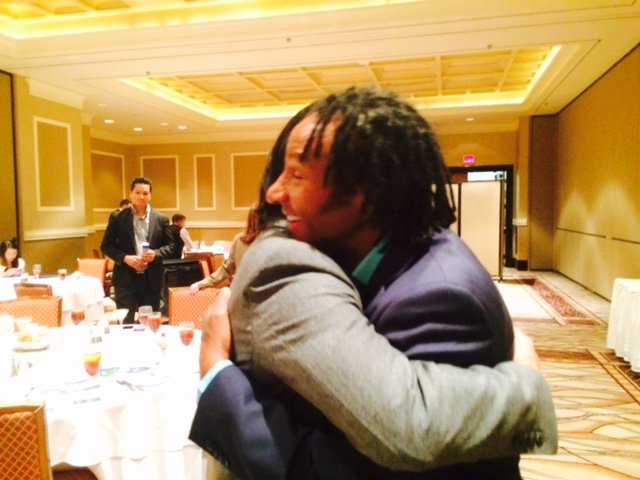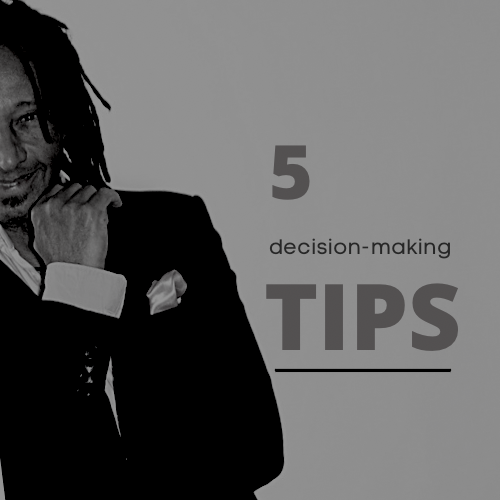Is vulnerability a strength or a weakness?
/Vulnerability is an interesting word that has become “buzz”. It gets thrown around a lot in our personal lives as much as it does in the business world regarding leadership. Should there be crying in baseball? What’s the difference between being vulnerable and complaining or whining? Should we show our Achilles heel, if so, when and how much?
The definition of vulnerability according to Dictionary is, the quality or state of being exposed to the possibility of being attacked or harmed, either physically or emotionally. This definition does suggest exposing yourself to danger… a weakness.
The heightened awareness of this word seems to coincide with a general shift in consciousness from what was a more “masculine energy” driven world (both at home and at work), with stoicism symbolizing strength, to a more “feminine energy” inspired modern world, with empathy and vulnerability demonstrating strength and courage.
As women claim their power, are men losing theirs?
As “feminine energy” influences society more and more (which is a blog unto itself), leadership and business practices and societal behaviors are shifting dramatically. Change is inevitable! Are current trends such as #Metoo that have knocked several men off their all mighty perch (and rightly so) been fueled by the Millennials and the even more recent Gen Y and Z?
Gen Y and Z seem to be more sensitive to purpose and experience-driven living… which opens the door to sharing and collaboration. Thanks to Millennials, we have seen drastic changes in how businesses operate. Organizations have become more sensitive to the new mindset and have adapted their policies and cultures. Modern leadership is showing the value of vulnerability. However, the perception is still up for debate. Not to mention “Political Correctness” and “Participation Trophies.” This all suggests a more empathetic and considerate world… or a world turned soft and plagued with rewarded vulnerability.
WEAKNESS?
In sports, you don’t show you are tired, intimidated or uncertain, unless you’re Muhammad Ali leveraging the “rope-a-dope technique, where he appeared to metaphorically be against the ropes… weak, beaten… vulnerable. In sports you remain stoic, cool, calm and collected. Vulnerability can and will lead to defeat. Sports often acts as a good analogy and example for real life, however, in real life we are looking for connection and acceptance. In sports we are driven by victory which means somebody must lose. I don’t think “men should cry in baseball.” Save those tears for off the field and at home with those you love and trust, or for podcasts and T.V. shows where celebrities like Michael Jordan shed tears. On the playing field, definitely a weakness. In real life? It’s subjective.
What isn’t subjective is the fact that when you are whining and complaining then your vulnerability is a weakness! Know the difference.
Whining and complaining serve little purpose other than inviting pity from those you are being “vulnerable’ to. NOTE: There isn’t a defining barometer as to when we are venting and sharing vulnerability and when we are whining and bitching. You know the difference when you see it. Kind of like the difference between porn and erotic art. It’s a thin vague line that separates the two, yet they are very different.
STRENGTH?
In order for vulnerability to be empowering, you must express it with confidence and own the story. In other words, you can neither be the victim or prisoner in the story. For example: I can ask for help with passion and wisdom to position myself for growth and success because I don’t have the answer or am experiencing grief or pain (which makes me human and relatable)… this is the power of vulnerability. It says that I am not perfect and open to help or advice though I have a plan or an opinion but am smart enough to seek counsel. OR I can ask for help while whining that this shit is too hard (weakness).
In regards to leadership and business, I believe the great leaders, through emotional intelligence, know when to be vulnerable and how strong the dose should be. Those great leaders create positive ripples that impact the team, the culture and your bottom line. Leadership also applies in your personal life, btw, as you create ripple within your family, circle of friends and those you love.
I encourage vulnerability and value it as a powerful modern masculine trait… as long as you don’t whine and complain “bitches.” And oh btw, you can even cry and still be strong. That kind of shit takes courage… which is a strength.
Ultimately, vulnerability invites trust from the other person. It’s like showing up at a gunfight and dropping your weapon. You have set yourself up to potentially die… or make peace. Peace is powerful. It incites connection… and isn’t that why we are here in the first place. To learn, grow, contribute and connect?
Thank you.
Sincerely,
Vital Germaine
Connect with me on:
Linked In
Youtube
